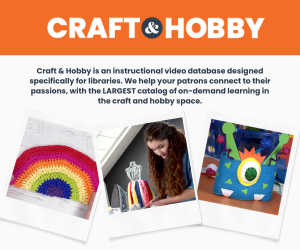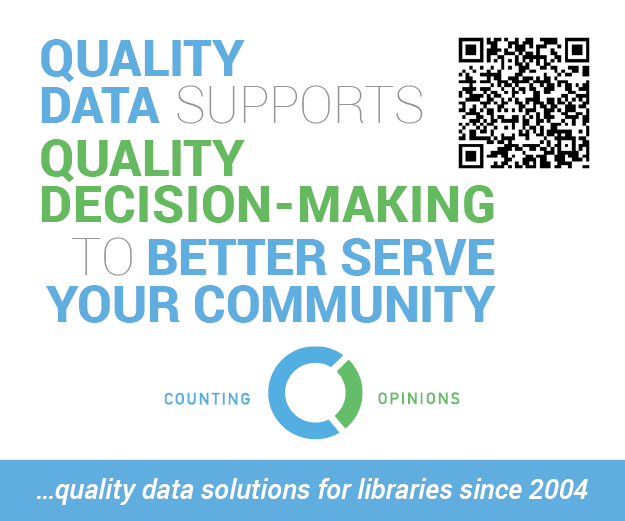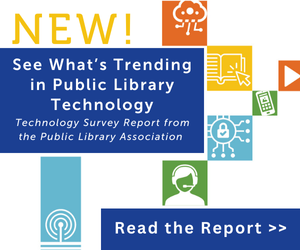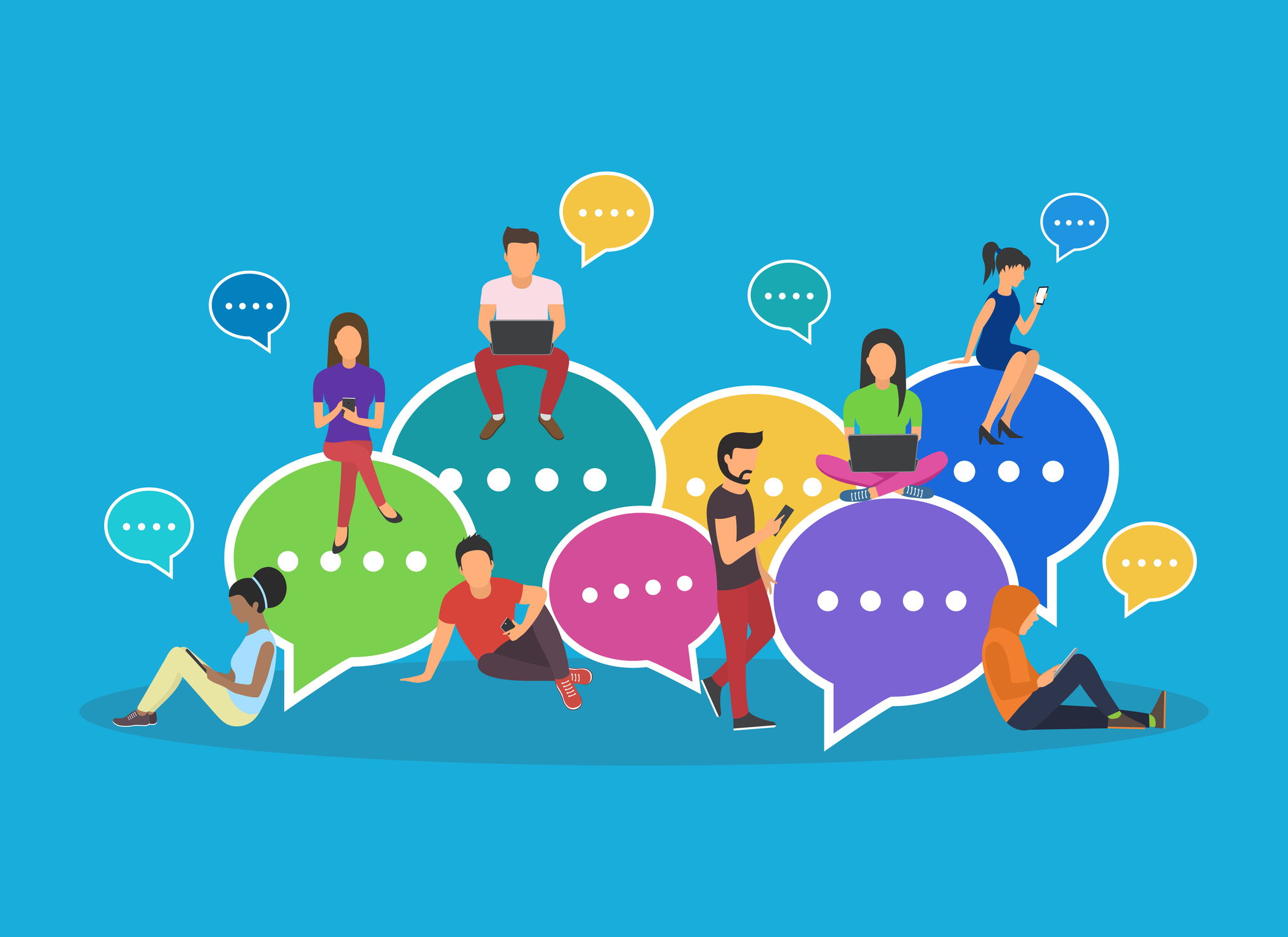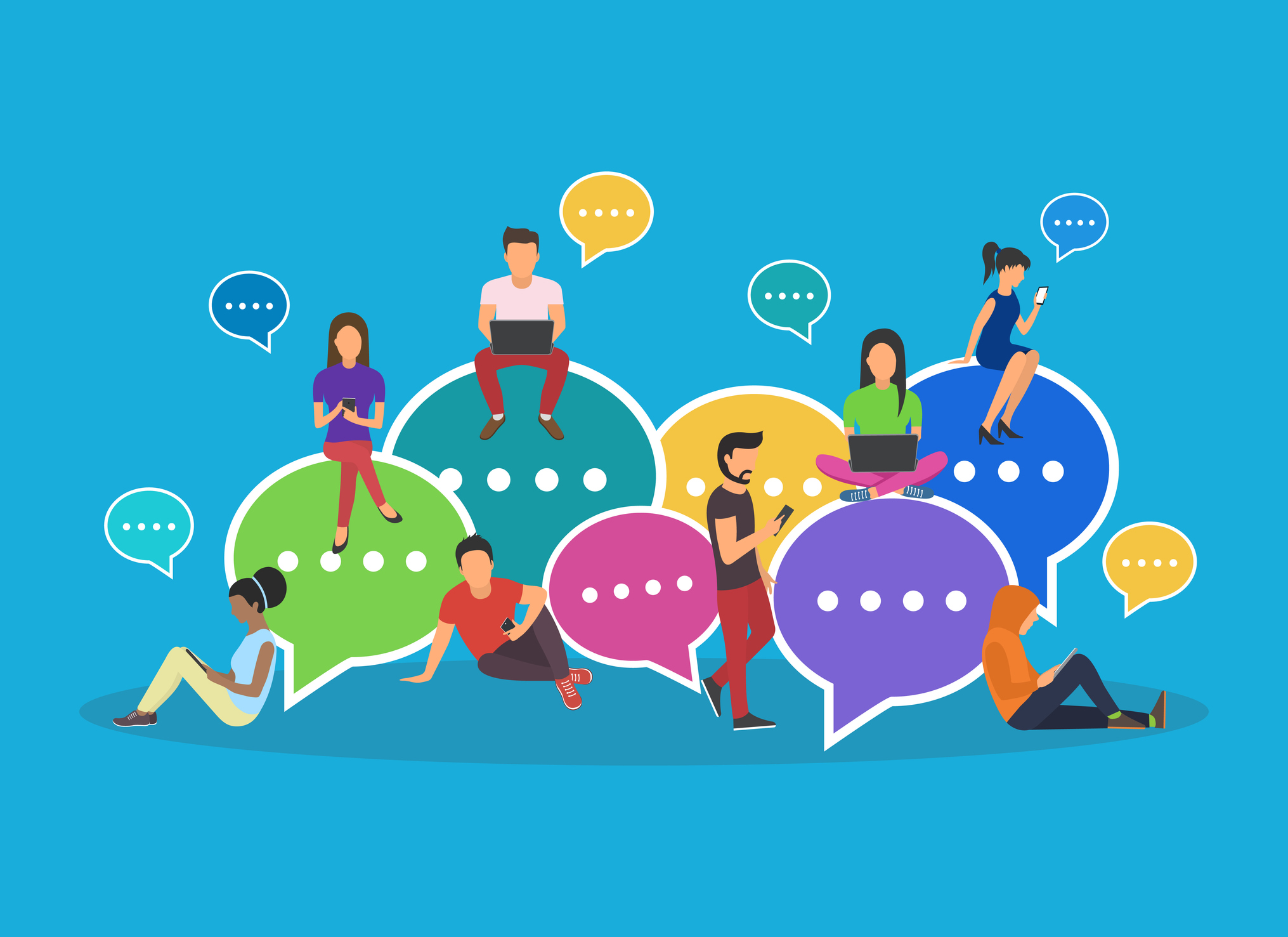Building a More Empathetic Library Culture
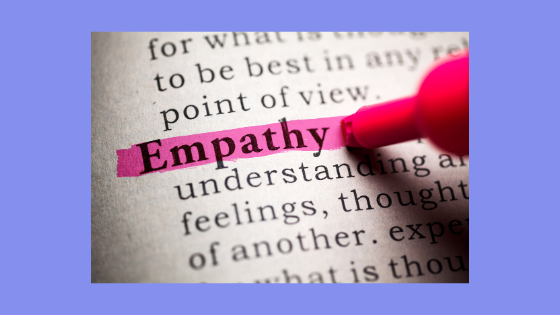
Exercising Empathy
Empathy is the ability to feel with another person. We tend to think of empathy as a personality trait, something one possesses or does not. Perhaps it would serve us better to consider empathy as a muscle, one anyone can develop over time with practice. In these times of great uncertainty, anxiety, and fear, empathy is a valuable skill in libraries. No matter our position or job title, we all have opportunities to lead, and can utilize this crisis to build more empathetic cultures within our organizations.
Setting the Tone from the Top
The values demonstrated by directors and administrative leaders – not those bullet points in your strategic plan, but those actually lived and observed by others – set the tone for your organizational culture. Consider how often your organizational leadership interacts with middle management and front lines staff. Do you know what their day-to-day responsibilities actually entail, are you aware that their professional realities may be quite different from what is listed in a job description?
Really knowing one another as human beings within the organization is a first step toward building institutional empathy, and organizational leaders have the opportunity (perhaps even the responsibility) to set this tone. We do not check our personal selves at the door when we arrive to work.
If you are working remotely, utilize this time to check in on your staff as humans, and begin exercising empathy by learning about their day-to-day challenges. You don’t have to fix everything. Consider this practice like lifting weights. The more you exercise empathy by listening, the stronger this muscle becomes.
Consider the Community
In libraries, our first obligation is to serve our communities. Consider how individual lives may be impacted as libraries nationwide close: the new parent desperate to get out of the house; the immigrant who depends on multilingual support; the job seeker or student with no internet access at home. For the time being, don’t rush to problem-solving mode; just feel the impact of your library’s closure on your community, even if it is uncomfortable, and even if there is nothing you can do to “fix the problem” at this time. This is an exercise in perspective-taking, one of the building blocks of empathy.
Consider Staff
Many staff may be feeling fear, overwhelmed by the uncertainty they face. A lack of communication will exacerbate these feelings. Managers and administrators may want to wait until they have a perfect answer, or know exactly what is going to happen next, before they share information with staff. However, in a communication vacuum, rumors churn and an “us vs. them” mentality can develop. A starting point to exercise empathy toward staff may be to engage in dialog, even if you have little information to share, or if you anticipate pushback regarding decisions that have already been made. People feel valued when they feel heard. Additionally, your staff—including part-timers, maintenance/housekeeping workers, and paraprofessionals—may have excellent insight on how the library can creatively address community challenges while practicing social distancing. Your staff is your organization’s most important asset; do what you can to ensure they truly feel this.
To make a process like this effective, don’t rely on email, or dispense blanket invitations such as, “I’m here to talk if you have concerns.” Make the time to be with staff in-person, even if you choose to utilize telecommunication tools like Zoom. If you know you aren’t the right person to navigate such conversations successfully, tap someone else with stronger communication and empathy muscles to take the lead, but make sure to be present where you can. Again, this is an exercise in both listening and perspective-taking, practices that can build empathy. Done well, it is possible to leverage this crisis as an opportunity to pave the way toward a more trusting and empathetic team culture going forward.
Consider Administration and Leadership
It is all too easy in times of crisis to look for an enemy. In some libraries, administration may feel like the enemy. It can be easy to tell one another that, they aren’t listening, aren’t acting quickly enough, or don’t really understand how life and work are impacted by this crisis. More likely than not, your leadership is working hard to do the best they can for you and the community you serve. Consider their responsibilities. They must constantly prove that they are prudent financial stewards of public funds. They must follow the directives laid out by governments and other entities positioned above them. They must consider public perception, as well as staff needs. They may be working with other local agencies to develop a joint action plan, leaving them little time to show up for staff. Consider, with as little judgement as possible, what it might feel like to be juggling all of these responsibilities. For a culture to thrive in crisis, empathy must extend both ways; after all, you are all one team, made up of human beings, doing the best you can to serve your communities, now and always.
Consider Yourself
These are uncharted waters, friends, and we all feel a bit like we’re learning to swim in the flood. It is OK not to feel like your normal self; I don’t feel like my normal self. I’m coping with anxiety, frustration, and fear like I know many of you are too. Give yourself some grace. These feelings will pass, and there will be bright moments, even amidst this storm. As you become aware of what you are feeling, a foundational skill for exercising empathy, how can you practice self-care? A nap, some exercise, a virtual coffee (or wine) with a friend; do what helps you fill your cup. When you feel like whatever you’re doing isn’t enough, perhaps try thanking that inner critic for working to protect you. And then let it go.
Resources
CASEL: The Collaborative Association for Social and Emotional Learning:
https://casel.org/
Emotional Intelligence: Why It Can Matter More than IQ by Daniel Goleman
Personal Empathy Quiz from the Greater Good Science Center at UC Berkley: https://greatergood.berkeley.edu/quizzes/take_quiz/empathy
Katie Scherrer is a former children’s librarian, a Registered Yoga Teacher, and the founder of Stories, Songs, and Stretches!®. She regularly provides private, public, and online training and consulting work on mindfulness, movement, and inclusion nationwide. Find more at www.connectedcommunitiesconsulting.com.
Tags: building an empathetic library, covid-19 and libraries, empathy



